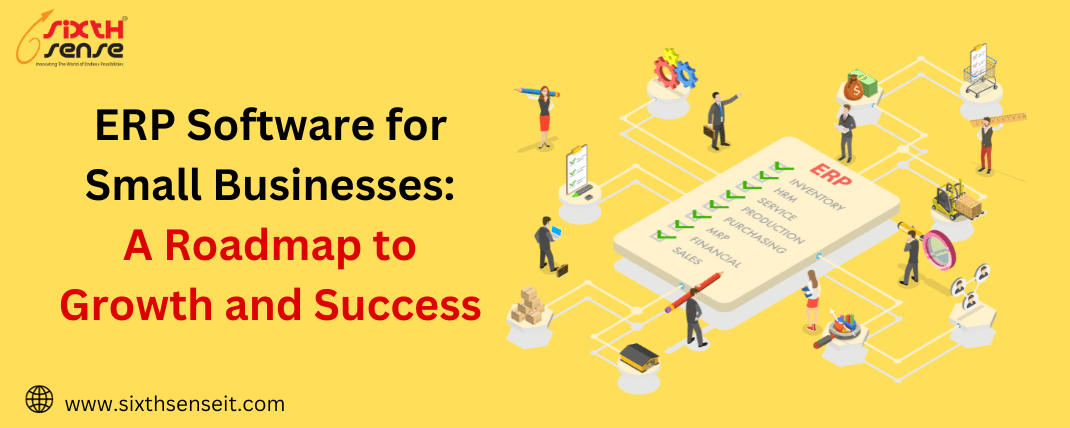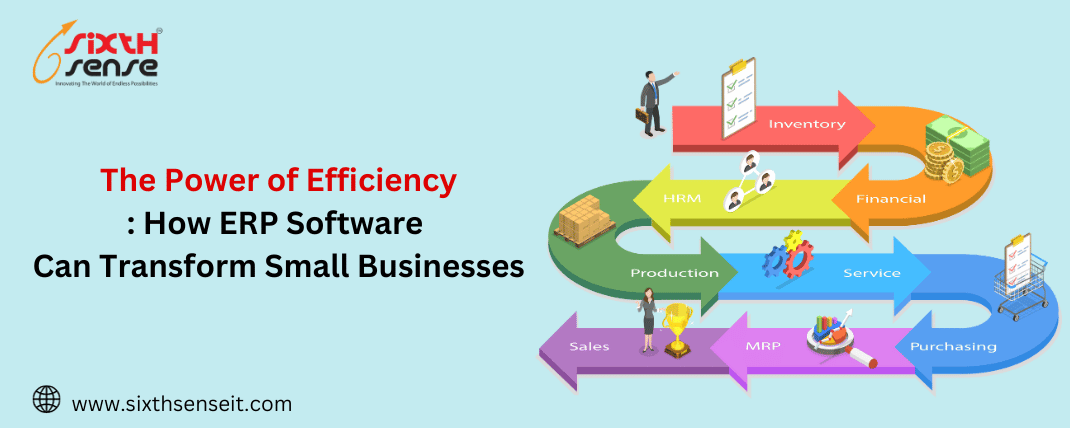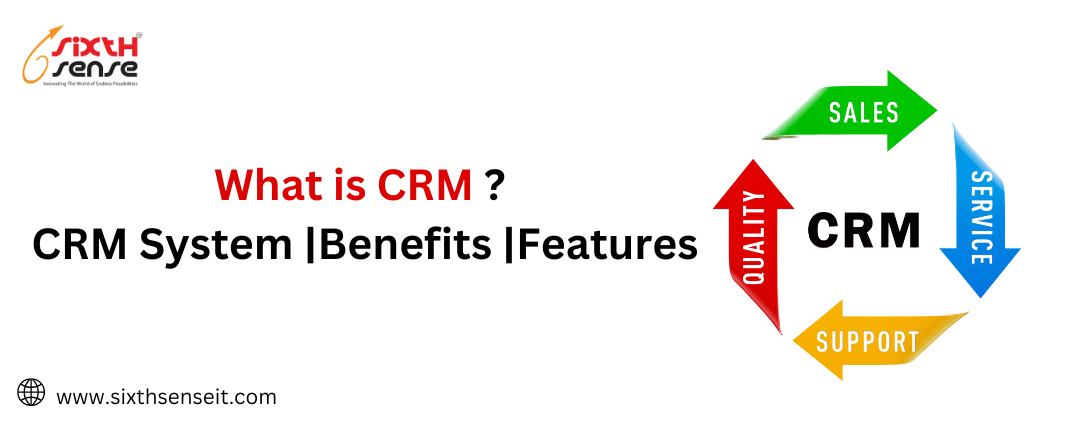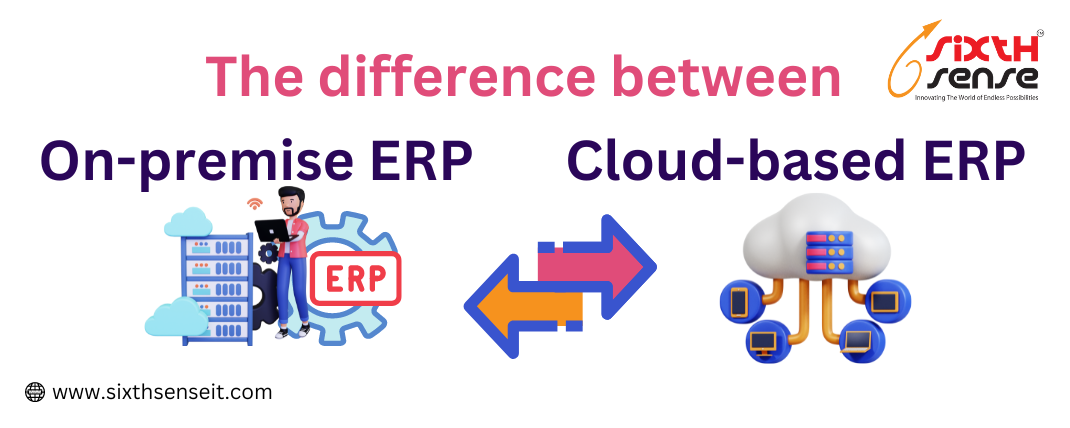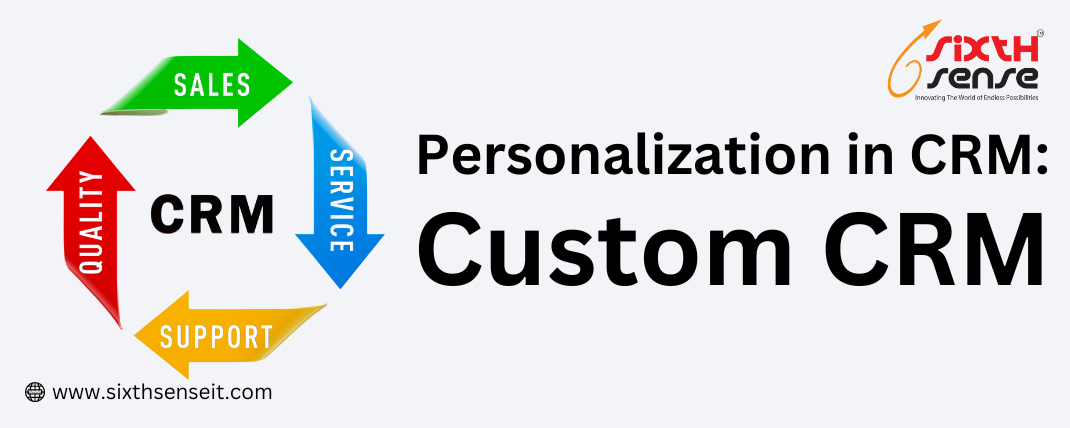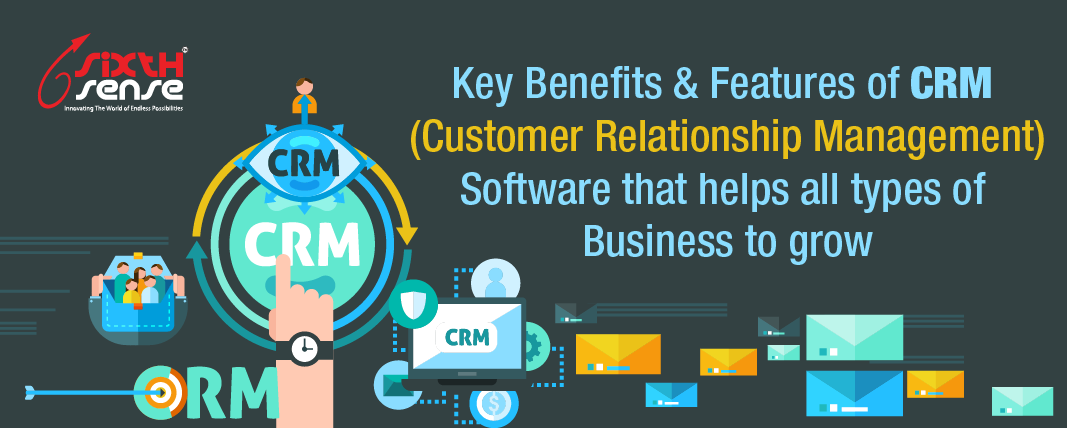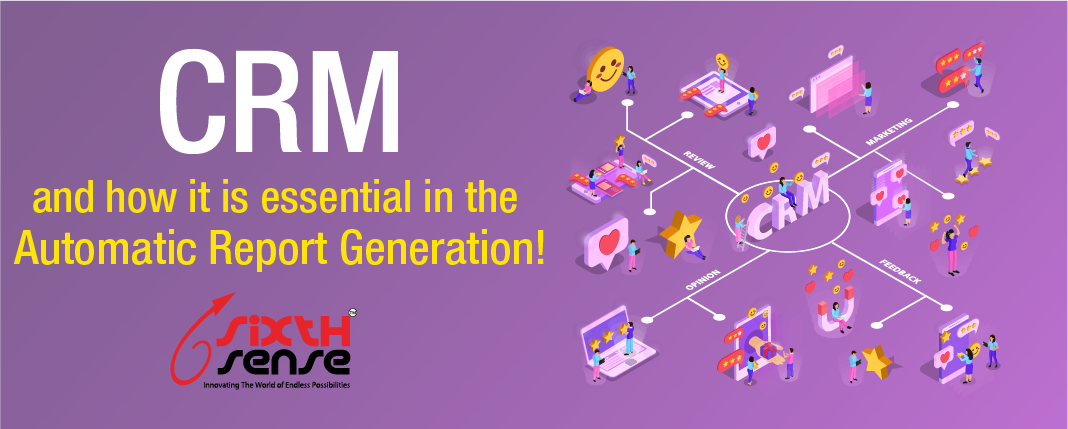
How Custom Software Development Streamlines Business Processes


In the fast-paced world of business, efficiency and precision are paramount. To thrive and remain competitive, companies must continuously seek ways to optimize their operations. Custom software development has emerged as a powerful tool to achieve this. In this comprehensive guide, we will delve into the world of custom software development and explore how it streamlines business processes, enabling companies to operate more efficiently, make data-driven decisions, and ultimately, secure a competitive edge in their respective industries.
Efficiency is the lifeblood of modern businesses. The ability to accomplish more with less not only reduces costs but also enables businesses to respond more rapidly to market demands and customer expectations. In a world where time is money, streamlining operations is not just a luxury; it's a necessity.
Custom software development is a strategic approach to enhancing efficiency. This process involves the design, creation, and deployment of software that is uniquely tailored to meet a company's specific needs and requirements. In this guide, we will explore how custom software development can transform business processes, making them more efficient and competitive.
Software is ubiquitous in modern business operations. It facilitates communication, automates tasks, stores and analyzes data, and provides tools for decision-making. The sheer variety of software applications available reflects the significance of software in streamlining and enhancing business processes.
While commercial off-the-shelf (COTS) software can be beneficial in many cases, it is not always a perfect fit for every business. Each company operates uniquely, and its processes and needs are often specific. Tailored solutions are necessary to address these unique requirements effectively.
Efficiency is at the core of any successful business operation. Efficient processes lead to lower costs, shorter lead times, improved quality, and better customer experiences. Custom software development is a key enabler of efficiency by aligning technology with business goals.
Custom software development involves creating software solutions tailored to the specific needs of a business. Unlike COTS software, which is designed for a broad user base, custom software is built to address the unique challenges and processes of a particular business.
Custom software is designed from the ground up to align with a business's processes, goals, and specific challenges. It can adapt and evolve with the business, ensuring that the software remains aligned with operational needs.
Custom software offers a multitude of benefits, including:
In essence, custom software empowers businesses to have complete control over their digital tools, optimizing their operations and providing a competitive edge.
Understanding business processes is crucial to identifying bottlenecks and inefficiencies. Companies often overlook the impact of inefficient processes, leading to wasted resources and reduced competitiveness.
Identify common bottlenecks, such as manual data entry, redundant tasks, and communication gaps between departments. Recognizing these issues is the first step in addressing them.
In the era of big data, businesses often face data overload. Sorting through vast amounts of information can be time-consuming and counterproductive. Custom software can help manage, analyze, and derive insights from data efficiently.
Custom software can map out workflows, automate processes, and eliminate unnecessary steps, resulting in more efficient operations. This efficiency reduces costs and accelerates task completion.
Automation is a key feature of custom software. It can handle repetitive, rule-based tasks with precision, reducing the potential for errors and freeing employees to focus on higher-value activities.
Custom software can integrate seamlessly with existing systems, such as CRM, ERP, or e-commerce platforms. This integration ensures that data is shared across departments and systems, promoting efficiency and accuracy.
User experience is not limited to customer-facing applications. Employees also need a positive user experience. Custom software development can prioritize intuitive interfaces, reducing the learning curve for users and boosting efficiency.
Custom software with an intuitive user interface enables employees to work more efficiently. They can perform tasks with fewer clicks, less training, and fewer errors.
Custom software can also enhance the customer experience, providing tailored solutions and better support. Satisfied customers are more likely to be repeat customers.
Learn howa manufacturing company improved its production process efficiency by customizing software solutions for quality control, inventory management, and supply chain logistics.
Discover how a retail business streamlined inventory management through custom software, reducing stockouts, overstock situations, and manual tracking efforts.
Explore how a healthcare facility transformed patient care by implementing custom software for appointment scheduling, electronic health records, and billing processes, leading to improved patient satisfaction and operational efficiency.
Custom software can incorporate data analytics features, allowing businesses to gain insights, spot trends, and make predictive analyses to stay ahead of the competition.
Custom software can provide real-time insights into business operations, helping identify opportunities, respond to challenges, and make informed decisions promptly.
Data analytics tools in custom software can improve forecasting accuracy, allowing businesses to anticipate changes in demand, supply chain dynamics, and customer preferences.
Custom software can be designed to include robust security measures, such as encryption, authentication, and authorization, reducing vulnerabilities and ensuring data protection.
Custom software can help businesses comply with industry-specific regulations and data privacy laws. This builds trust with customers who are concerned about the safety of their data.
Ensuring data security and compliance helps build trust with customers, making them more confident in sharing their data and interacting with your business.
Custom software development often follows agile methodologies, allowing businesses to adapt to changing requirements and market conditions rapidly.
Custom software is scalable, meaning that it can grow and adapt with your business, accommodating increased data, users, and features without the need for major software replacements.
Custom software development positions businesses to stay ahead of technological trends and emerging technologies, providing a competitive edge in a rapidly evolving landscape.
Explore the pros and cons of in-house development versus outsourcing. Consider factors like expertise, cost, and resources when making this critical decision.
When outsourcing, selecting the right development partner is crucial. This chapter offers guidance on evaluating potential partners, examining their portfolios, and assessing their compatibility with your business goals.
Effective communication and collaboration with your development partner are essential for project success. Learn how to establish a productive working relationship to ensure your custom software aligns with your vision.
The Future of Custom Software Development
The technology landscape is continually evolving. This chapter explores emerging trends in custom software development, from AI and machine learning to blockchain and the Internet of Things (IoT).
To remain competitive, businesses must prepare for the future. This includes understanding the implications of emerging technologies and being ready to adapt.
The pursuit of efficiency in business is a continuous journey. Custom software development is an essential tool in this ongoing quest, enabling businesses to meet evolving customer needs, market dynamics, and operational challenges.
Custom software development is not just about streamlining business processes; it's about transforming businesses. It empowers companies to be more efficient, data-driven, secure, and agile. The flexibility and tailor-made nature of custom software position businesses for success.
In today's fiercely competitive business landscape, enhancing competitiveness is not an option; it's a necessity. Custom software development offers a strategic path to achieve and maintain a competitive edge through efficiency. By focusing on customization, efficiency, data-driven decision-making, security, user experience, and innovation, businesses can position themselves for sustained success. Embracing custom software development isn't just an investment; it's a commitment to an efficient and competitive future.













































